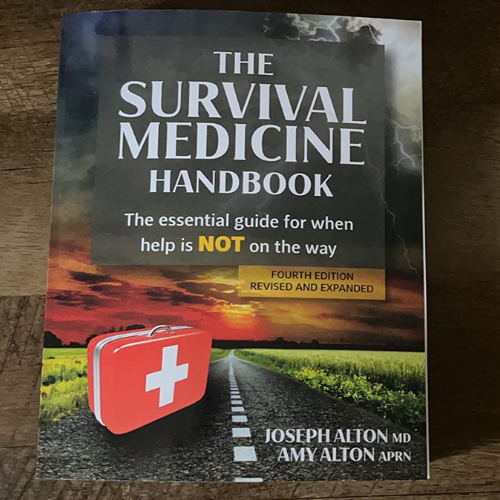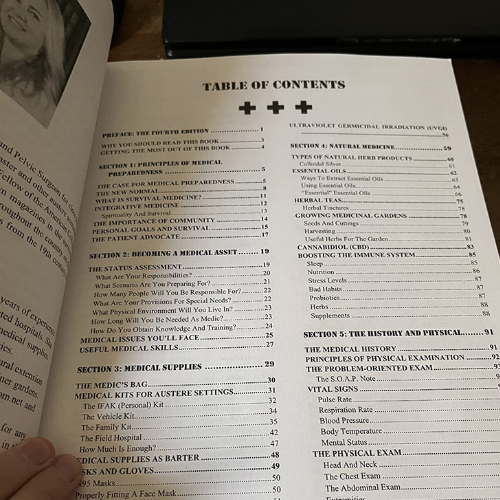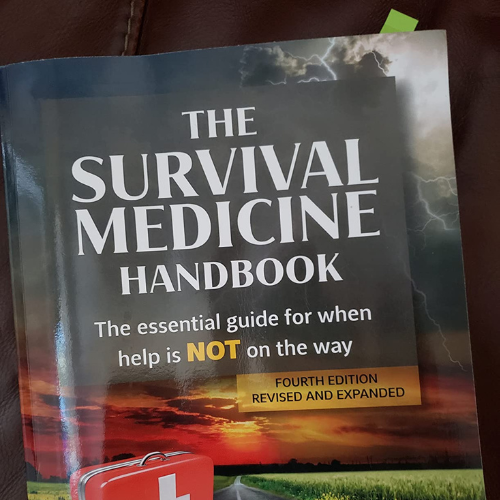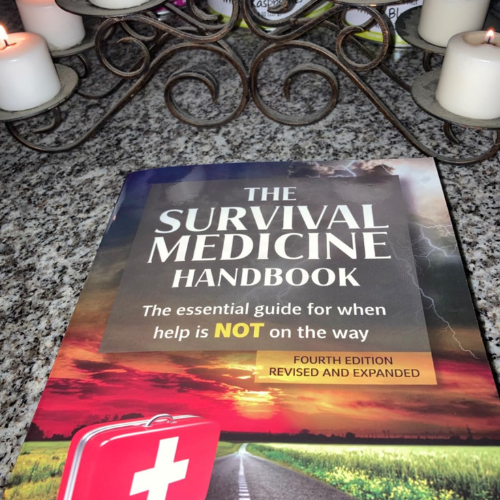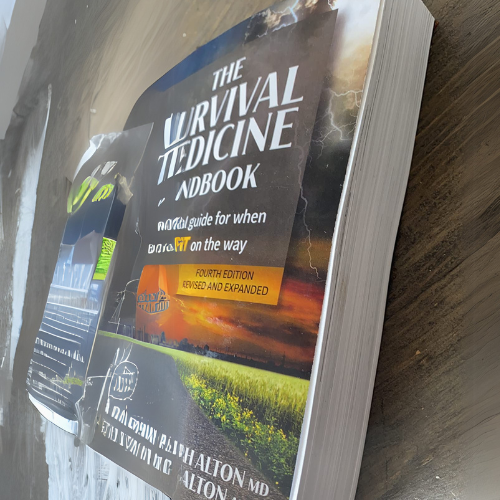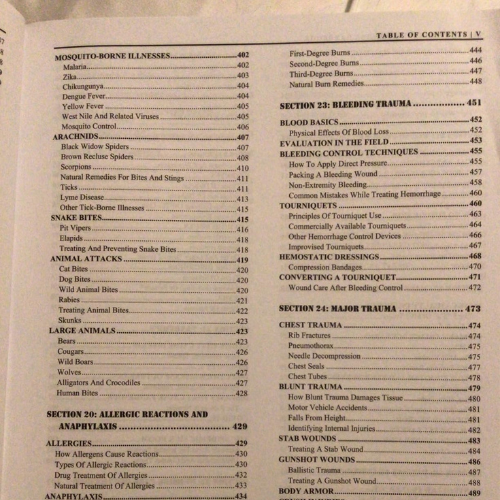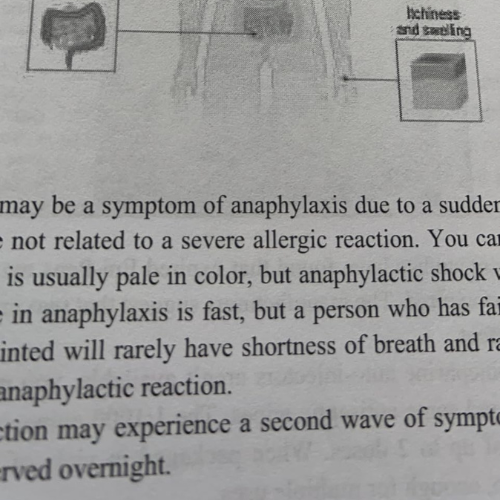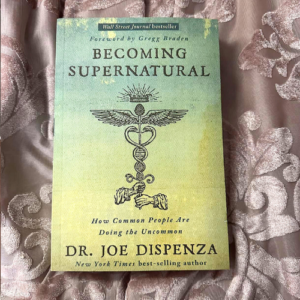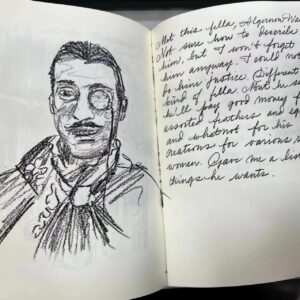Survival Medicine Handbook: A Guide for When Help is NOT on the Way is a comprehensive, 700-page black-and-white paperback that serves as your ultimate guide to medical preparedness in times of crisis. Written by award-winning medical experts Dr. Joe Alton, MD, and Nurse Practitioner Amy Alton, NP, this expanded and revised 4th edition is packed with essential information for when hospitals are overwhelmed, and medical assistance is no longer available. The book is designed to equip you with the knowledge and skills needed to be the highest medical asset left to your family during an emergency.
With over 300 topics and 300 illustrations, this guide covers a vast range of medical situations, from trauma care and first aid to chronic care and complex medical procedures. It’s not just another first aid book; this handbook assumes that a disaster has removed access to doctors and hospitals, leaving you as the primary caregiver in an emergency. The focus is on practical advice and real-world solutions, written in plain language that anyone can understand and apply.
The 4th edition of The Survival Medicine Handbook addresses a wide array of topics, including hygiene and sanitation, natural disasters, radiation and chemical events, animal bites, burns, bleeding trauma, fractures, mental health, and even pregnancy and childbirth in a disaster scenario. You’ll learn how to handle medical conditions with limited resources, how to perform critical procedures, and what supplies are essential for survival. Whether you’re preparing for a pandemic, a natural disaster, or societal collapse, this book ensures you’re equipped with the tools to take care of yourself and your loved ones when help is not on the way.
This indispensable resource includes guidance on essential medical supplies, how to use antibiotics, wound care, patient transport, and much more. The Survival Medicine Handbook is a must-have for anyone concerned about their medical preparedness in an uncertain world. It’s a critical addition to your home library, providing vital information that could save lives when modern technology and medical professionals are no longer available.
Review:
“I have known and worked with the Joe and Amy Alton for over10 years now. They have been an invaluable resource to my community at TheSurvival Podcast. I know of no other individuals who have done as much toeducate the prepper community as to medical preparedness.”-Jack Spirko,Owner and Founder of The Survival Podcast
“You can’t purchase medical preparedness like you can buyother survival and preparedness gear.Medical preparedness is 90% knowledge and know-how! That is why I alwayssay, the first book any prepper should own is The Survival Medical Handbook byDr. Joe and Amy Alton!”-Todd Sepulveda, Founder, The Prepper Website
“As a person responsible for many people. I keep mySurvival Medicine Handbook nearby. Ifyou’re not a medical provider, this book will help you keep someone alive untilhelp arrives. Kudos to Joe and Amy for their dedication to teaching austeremedicine through their podcasts and publications.”-Scott Hunt, Author,Owner of Practical Preppers
“I’ve relied on Joe and Amy Alton for timely andimportant medical articles for more than 20 years. They increase themagazine’s value, and they are a part of the reason we are not simply read andtossed, but read and kept in a drawer for later rereading.”-Dave Duffy, Founderand Editor Emeritus, Backwoods Home Magazine
“Joe and Amy Alton have long been my preferred source forany information related to medical issues in austere settings. TheirSurvival Medicine Handbook (4th edition) should be in every prepper library.They cover a huge range of topics, with easy to follow and understand steps fordiagnosis and treatment for when the professionals aren’t available. I simplycannot recommend this book highly enough.”-Jim Cobb, Editor-in-Chief, PrepperSurvival Guide Magazine
From the Author:
In researching the fourth edition, we looked at everyindividual medical problem likely to confront the medically responsible personin the family. How could we teach a non-medical person to approach that problemin an effective but simple way?
We considered what medical supplies they would need and howto use them. For long-term disasters, we found natural alternatives that wouldhelp when the conventional medicines ran out. More importantly, we figured outstrategies to do something even more important: How to prevent medicalproblems. Prevention will save the family medic both headaches and heartaches.
It wasn’t easy for a doctor and nurse practitioner to writea medical book that didn’t advise you to head for the nearest hospital orclinic every single time an emergency occurs. Many times, we had to dig intoour collection of 19th century medical books to find methods that might beuseful off-the-grid. We realized that many of these methods weren’t superior towhat modern medicine has to offer. To be honest, some were downright obsolete. Despitethis, we found a number of our ancestors’ strategies that might be useful in afuture catastrophe.
When the first book was published, we expected that,perhaps, a hundred people might obtain a copy. Imagine our shock when thenumber reached so many more! We greatly underestimated the number of peopleconcerned about the risk of both natural and man-made disasters, epidemics, andterrorist attacks.
Seeing that so many already realize the need for medicalpreparedness, the Fourth Edition of the Survival Medicine Handbook spends lesstime trying to make the case for it than previous versions. Instead, the bookcovers more issues than ever before and covers almost every subject in moredetail. Every topic is meant to help the family medic identify, treat, and/orprevent sickness and injury in austere settings. This may sometimes veerfrom a purely medical aspect, but also include common-sense advice.
The sheer amount of information made the Fourth Edition toocumbersome, so you might notice this book is physically larger. This wasnecessary, as every section has been updated or amended in some way. We hopethat this book will serve as a useful reference guide for your family.
We have always known that whoever accepts responsibility fortheir family’s well-being in uncertain times is a very special person. We hopethat this book will be a useful tool in making them effective in their role asmedical resource. As always, we’re committed to helping them accomplish theultimate goal in survival: To keep it together, even if everything else fallsapart.
